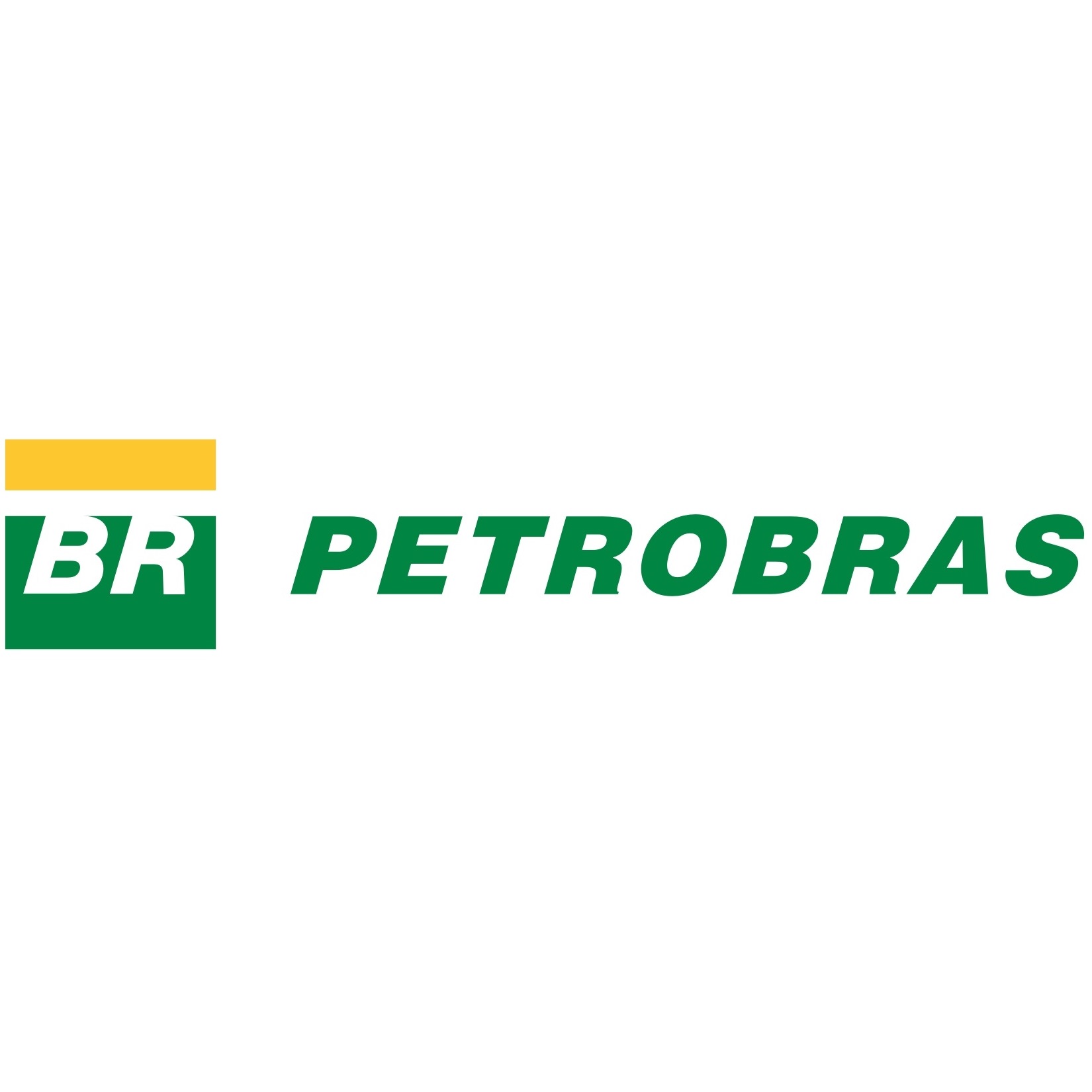Energy
Why S&P Raised Rating on Petrobras and Still Stays Cautious on the Company

Published:
Last Updated:

Credit rating agency Standard & Poor’s on Friday raised its corporate credit rating on Petroleo Brasileiro S.A. (NYSE: PBR), commonly known as Petrobras, one notch, from B+ to BB-. The rating change does not lift Petrobras out of the non-investment grade category, but it lowers the risk from “highly speculative” to “speculative.”
An investigation into alleged corruption at the company continues, and S&P noted that it views the investigation as “indicative of Petrobras’ past inability to identify critical strategic risks and to determine and deploy meaningful risk limits and controls.”
Still, Petrobras has taken steps to improve its internal controls and governance, and while S&P remains wary of whether the company’s measures can prevent corruption on a similar scale from reoccurring, the ratings agency said that Petrobras’s improvements in this area “compare well with those of its peers.”
S&P said that the company’s exploration and production business is sound and noted that the company’s pre-salt fields already produce at a higher-than-expected initial rate. The downside is that the company’s break-even level for the offshore pre-salt fields is $35 to $40 a barrel and Petrobras needs higher crude prices.
The International Energy Agency (IEA) noted in its December oil market report that Brazil was one country that can be expected to raise production in 2017. The IEA expects Brazil, Canada and the United States to increase production by 750,000 barrels a day this year. U.S. production is forecast to rise by 175,000 barrels a day. A July estimate by energy consultancy Douglas-Westwood put pre-salt production growth from the Lula field alone at 199,000 barrels a day for 2017.
S&P describes its upgrade this way:
The upgrade reflects our view that Petrobras’ liquidity has improved significantly amid an improving governance and ongoing liability management, which allowed the company to ease refinancing pressures and to maintain a solid cash position. The capex cuts and the implementation of the new pricing policy have also contributed to improved cash flow generation prospects and a more balanced capital structure. In addition, we see positively the management’s focus on profitability and the ongoing overhaul of the decision-making process, internal controls, and compliance standards.
Petrobras’ big problem is its governance. According to S&P:
[W]e’re concerned about the sustainability of new governance standards once a new administration takes office, because the government will continue to control Petrobras. We believe that the potential partnerships in the downstream business could temper the impact of the government’s interference in the fuels pricing mechanics, likely reinforcing import parity continuity over governmental changes.
Credit card companies are pulling out all the stops, with the issuers are offering insane travel rewards and perks.
We’re talking huge sign-up bonuses, points on every purchase, and benefits like lounge access, travel credits, and free hotel nights. For travelers, these rewards can add up to thousands of dollars in flights, upgrades, and luxury experiences every year.
It’s like getting paid to travel — and it’s available to qualified borrowers who know where to look.
We’ve rounded up some of the best travel credit cards on the market. Click here to see the list. Don’t miss these offers — they won’t be this good forever.
Thank you for reading! Have some feedback for us?
Contact the 24/7 Wall St. editorial team.